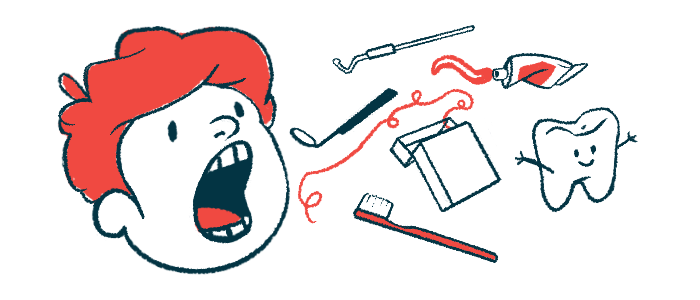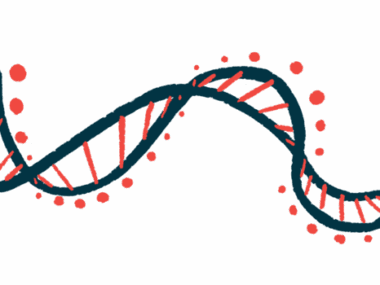Oral microbiome is dysregulated in primary Sjögren’s patients: Study
Bacteria found in patients' mouths linked to inflammation, dental caries
Written by |

The oral microbiome — the community of bacteria living in the mouth — of people with primary Sjögren’s syndrome (pSS) includes a large number of bacteria linked to inflammation and dental caries, or cavities, as well as bacteria that facilitate the colonization of the oral mucosa by other disease-causing microbes.
That’s according to a study carried out by researchers in China, who also found that the oral microbiome of pSS patients was, in general, less diverse when compared with that of healthy people.
These findings suggest that “more varied communities may correspond to healthier ecosystems,” the team wrote.
Further, certain of the bacteria found in patients’ mouths “are associated with dental caries in pSS,” the researchers wrote.
The study, “Characteristics of the oral microbiota in patients with primary Sjögren’s syndrome,” was published in the journal Clinical Rheumatology.
Oral microbiome less diverse in pSS patients than healthy people
Sjögren’s syndrome is an autoimmune inflammatory disorder mainly marked by chronic inflammation of the salivary and lacrimal glands, leading to a reduction in saliva and tear production.
It’s previously been reported that low salivary secretion in people with pSS was linked to changes in the oral microbiome. However, few studies have assessed the relationship between dental caries and the oral microbiome in pSS, including whether certain bacterial species may protect against cavities.
To shed light on this, a team of researchers in Southern China analyzed saliva and dental plaques from 35 untreated pSS patients and compared them with saliva samples taken from 20 healthy individuals, who served as controls. Bacteria were identified by gene sequencing.
Most pSS patients were women (83%), with a mean age of 43. All had dry mouth and 22 (63%) had dry eyes.
Parameters assessing the diversity and richness of oral microbes found within saliva and plaque samples revealed that, in pSS patients, the abundance and diversity of microbial species were lower than that seen in the healthy controls. The oral microbiome of pSS patients also was found to be more homogenous.
The researchers then looked at differences in the top 10 microbial species found in the samples. This analysis looked at the phylum and genus levels.
The relative abundances of bacteria belonging to the Campylobacterota, Actinobacteriota, and Fusobacteriota phyla were lower in healthy controls. The opposite was observed for Proteobacteria, often a factor in human diseases.
At the genus level, Fusobacterium, Actinomyces, and Leptotrichia bacteria were less abundant in the saliva of healthy individuals than in the saliva of pSS patients.
However, all three bacteria genuses were found to be more abundant in plaque samples from pSS patients. According to researchers, this “suggests that Fusobacterium, Actinomyces, and Leptotrichia may be related to dental caries in pSS patients.”
[These findings suggest that] the oral microbial ecology of patients with pSS is dysregulated, resulting in a decrease in overall diversity.
Bacteria belonging to the genus Prevotella and Veillonella were found at higher levels in the saliva of pSS patients and, to a lesser degree, in plaques, “which suggests that these two bacteria may be related to pSS but do not take part in the formation of dental caries in pSS patients.”
Some species of Prevotella bacteria have been implicated in oral inflammatory diseases, including gum disease, dental caries, and pSS, while Veillonella bacteria are known to act as facilitators for other disease-causing microbes to infect the mouth.
Further analysis — to identify differences in bacteria composition between the groups — revealed a significant enrichment of Proteobacteria, Haemophilus, Neisseria, Acetobacter, and Streptococcus bacteria in healthy people, while Prevotella and Veillonella bacteria were enriched in the saliva samples of pSS patients. Fusobacterium, Actinomyces, Corynebacterium, and Leptotrichia were more enriched in pSS patients’ plaque samples.
Overall, these findings suggest that “the oral microbial ecology of patients with pSS is dysregulated, resulting in a decrease in overall diversity.”
The researchers noted that “Prevotella and Veillonella may be related to pSS.”






